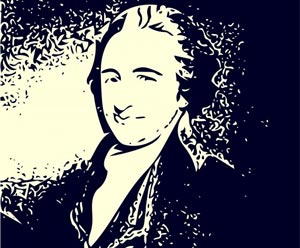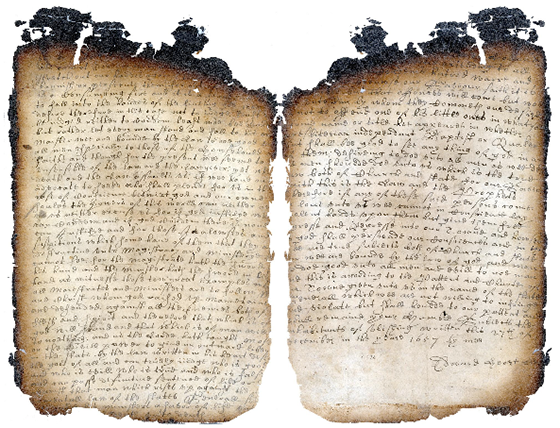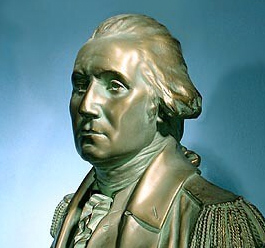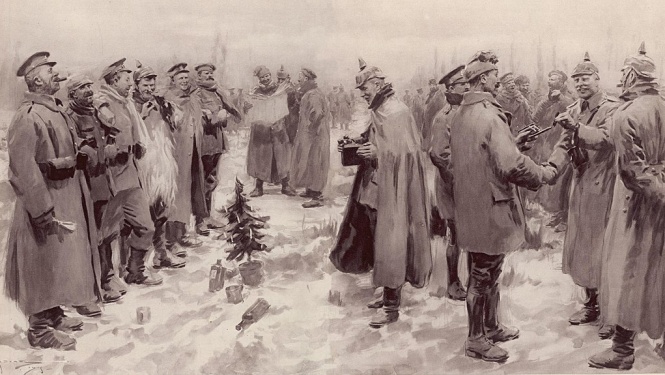On December 30, 1919, Lincoln’s Inn in London, England, admitted its first female bar student.
Student of Law


On December 30, 1919, Lincoln’s Inn in London, England, admitted its first female bar student.

On December 29, 1911, Mongolia gained independence from the Qing Dynasty.

On December 28, 1797, Thomas Paine was arrested in France for treason, after being tried (and convicted) in absentia on December 26. Prior to moving to France, Paine had been an instrumental figure in the American Revolution as the author of Common Sense. Paine then moved to Paris to help along the French Revolution, but the chaotic political climate turned against him. Paine had not earned friends in the Revolution with his vocal opposition to capital punishment.
“During the whole of my imprisonment,” Paine later wrote, “prior to the fall of Robespierre, there was no time when I could think my life worth twenty-four hours, and my mind was made up to meet its fate. The Americans in Paris went in a body to the convention to reclaim me, but without success.”
Paine’s imprisonment in France caused a general uproar in America. Future President James Monroe used all of his diplomatic connections to get Paine released in November 1794.
With the publication of Paine’s secular tract, The Age of Reason — a great part of which he wrote in French prison — the American population turned against him, and he died penniless in New York in 1809.
On this date in 1832, John C. Calhoun resigned as Vice President of the United States, the first to do so.

On December 27, 1657, a group of English citizens in Flushing, New York, who were not themselves Quakers, signed a petition protesting the persecution of Quakers. This “Flushing Remonstrance” is an eloquent statement of the principle of religious liberty, and is widely regarded as a forerunner to the U.S. Constitution’s First Amendment.
The petition was delivered to Director-General of New Netherlands, Peter Stuyvesant.

Henry Lee III’s eulogy to George Washington in Congress declared the former general and president to be “first in war, first in peace and first in the hearts of his countrymen.” Washington had died on December 14th, 1799, and Lee’s eulogy took place twelve days later.

On Christmas Day in 1776, George Washington and the Continental Army crossed the Delaware River at night to attack, the next day, the Hessian forces serving Great Britain at Trenton, New Jersey.
United States President Andrew Johnson granted an unconditional pardon to all Confederate veterans on Christmas Day in 1868.
A series of unofficial truces occurred across the Western Front to celebrate Christmas in 1914. The image, at top, illustrates the event: “British and German Soldiers Arm-in-Arm Exchanging Headgear: A Christmas Truce between Opposing Trenches” with a sub caption explaining “Saxons and Anglo-Saxons fraternising on the field of battle at the season of peace and goodwill: Officers and men from the German and British trenches meet and greet one another — A German officer photographing a group of foes and friends.” Originally published in The Illustrated London News, January 9, 1915.